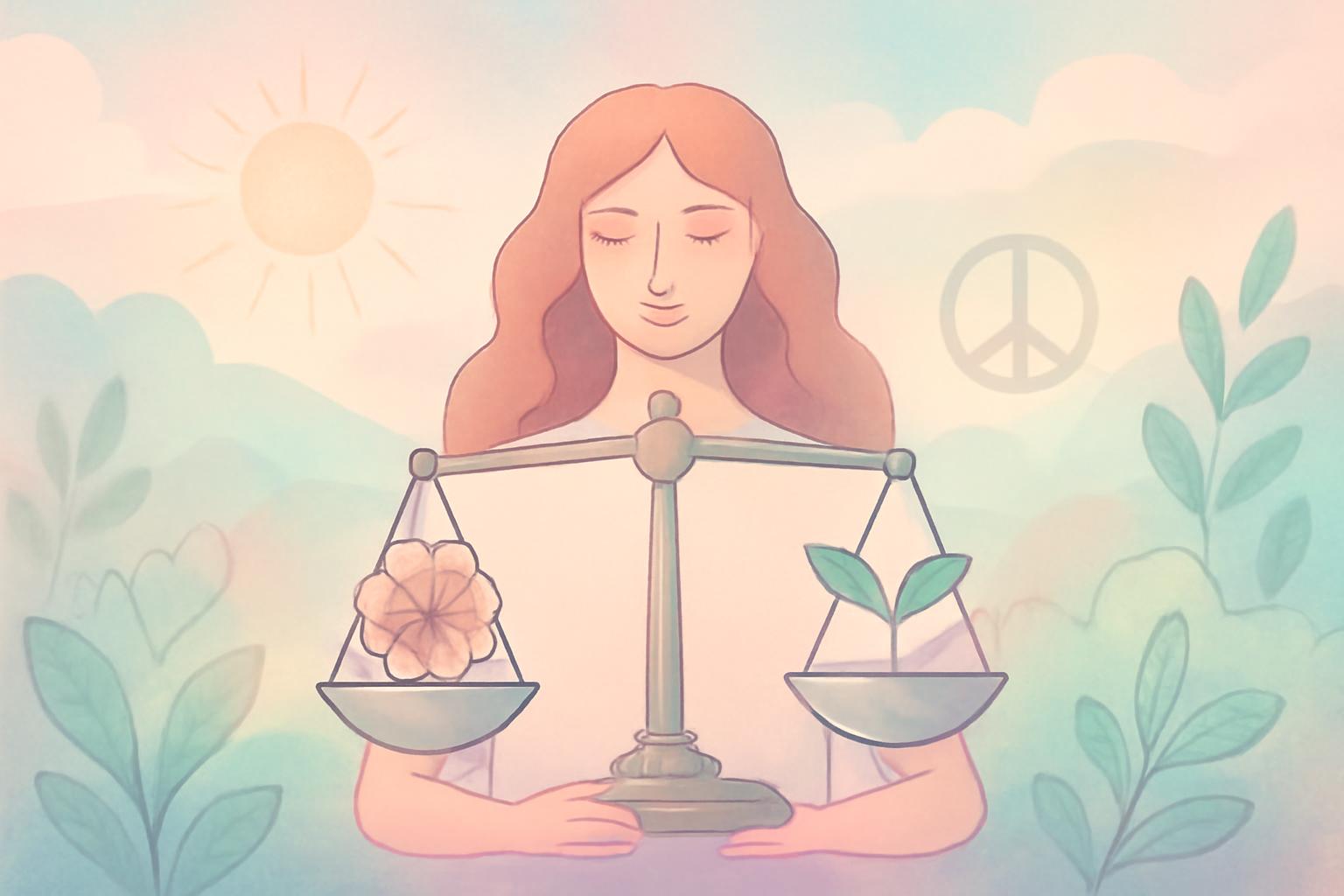A gentle tremor travels through the story: a giant, trusted brand speaks softly of care and listening, while a vast distribution center hums with the labor of about two thousand people and whispers of pressure, fear, and a growing reliance on temporary workers. Voices like Sven and Serhan tell of intimidation and coercion, managers who threaten to unleash a chorus of leaders on a single employee until they break or quit. The leaders murmur that systemic abuse cannot be entirely avoided in a world this large, while the works council notes a decline in atmosphere since a 2019 leadership change, a tenfold rise in warnings, and a widening chasm between promises and practice. Internal documents reportedly reveal a structural tilt toward agency staffing in recent years, and external scrutiny shadows the brand’s sustainability halo with hints of consumer deception that linger from past accusations.
And yet, the surface smile cannot erase the soil beneath our feet—the soil where workers’ dignity, not only profits, grows or withers. This is a moment to listen with the oldest ears we carry: the earth’s breath and the heart’s ache are one rhythm. When a brand proclaims stewardship while its halls echo with coercion, the truth rips through like a cold wind across a forest, leaving scars on the bark of community and the limbs of belonging.
We must name the undercurrent: a toxic strain of capitalism that treats people as inputs in a ledger, and that uses the language of sustainability to gloss over harm. The colonial memory persists in today’s supply chains—structures built on extraction, precarious labor, and the clever art of separating the worker from the reward, the land from the lifeworld, the present from the future. Agency workers fill gaps not to nourish lives but to preserve quarterly comfort for shareholders; temporary contracts become modern-day shackles, and the fear of speaking truth keeps the chorus of quiet suffering alive.
This is not merely a management misstep; it is a fracture in the covenant between human beings and the communities that sustain them, a betrayal of the very idea that healing and growth are collective. When the earth is treated as a resource to be mined and used, when workers are treated as costs to be shaved, we fracture the body of civilization itself. The chorus of promises about care must be matched by a chorus of accountability, justice, and concrete change.
Let healing begin in the soil of every workplace: - End coercive practices and all forms of intimidation; restore safe, respectful, dignified labor as a non-negotiable baseline. - Eliminate exploitative reliance on agency staffing; guarantee fair, stable, well-supported employment with a clear path to long-term security. - Elevate workers’ voices through robust dialogue, independent oversight, and genuine works councils with real decision-making power. - Align corporate sustainability claims with lived realities; ensure transparency, verifiable metrics, and accountability that reach the hands that hold the tools and carry the loads. - Repair the relationship with the Earth by weaving labor justice into the fabric of environmental responsibility—because a brand that harms people harms the planet, and a planet that thrives requires people who are thriving, seen, and valued.
May we not allow a glossy surface to hide a bleeding forest of people’s lives. May we demand brands to walk their talk, to heal what they have harmed, and to transform the system that pretends to protect the Earth while quietly choking its guardians—the workers who breathe life into every product and every promise. If healing is the true harvest, then let justice be the seed, watered by courage, tended with compassion, and rooted in the enduring wisdom that Earth and humanity rise or fall together.
